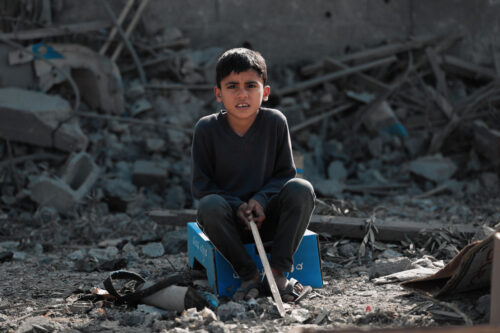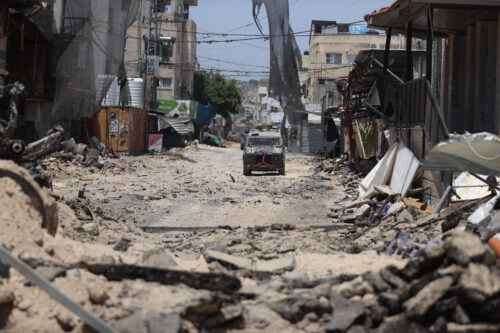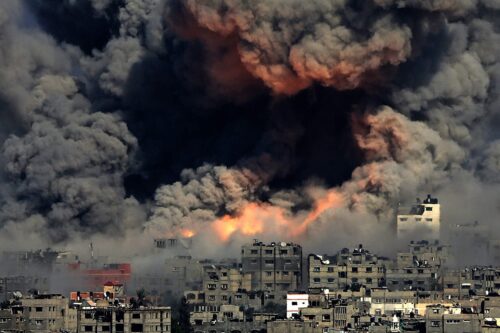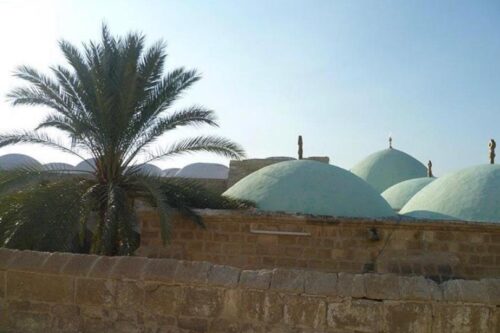What happened in Gaza in 2012?
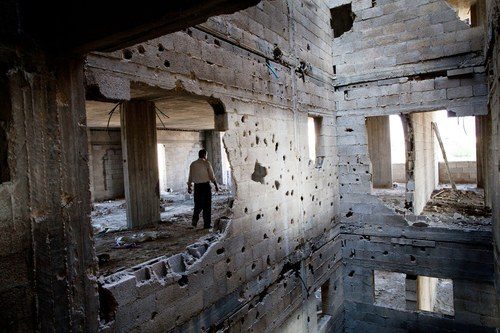
This week marks the 8th anniversary of the week long bombardment of Gaza in 2012. The bombardment came as the people of Gaza were attempting to recover after the 2009 assault and left over 100 civilians dead and over 900 people wounded.
A tragic event during the assault was the killing of the Al Dalou family, in which over twelve people were killed, including two elderly women and five children. The attack on the Al Dalou home had been intentional, and was to target a police officer the Israeli authorities claimed had terrorist affiliations, which his family strongly denied.
With thousands of reservists being called up by the Israeli army, fears of a ground invasion and a long assault similar to 2009 caused great anxiety for the people of Gaza, who were unable to flee to safety and remained trapped in their homes.
The ceasefire that followed almost eight days later calmed the immediate situation, but Gaza continued to suffer aerial assaults and border violence and the siege was intensified in 2013. Political analyses of the 2012 assault spoke in terms of ‘who won?’ and what Israel or Hamas may have gained, as well as discussing the role of Egypt and the US in maintaining peace and calm. However, the human cost of such violence is rarely shown with any real empathy and understanding in our mainstream media. The numbers of the dead become headlines and are then forgotten. Their lives and losses are merely statistics and people become desensitised to suffering in this way.
The UN had already declared that Gaza would be ‘unliveable by 2020’ earlier in 2012 and the November assault only further damaged vital infrastructure. The removal of Mohammed Morsi as the Egyptian President and subsequent intensification of the siege by the Egyptians and the Israelis further pushed Gaza into poverty and economic decline.
Interpal visited Gaza in February 2013 and were briefed on the many ways the bombardment had further harmed the health sector, mental health in the Gaza Strip and the economy. We visited the Al Dalou home, which was now just a bombsite and the remnants of their home and life lay scattered in the rubble. Their neighbours spoke of what a shock and tragedy it was and how much of the area was greatly distressed and traumatised. We also visited the Palestine Trauma Centre where many mothers spoke of the difficulties they had in the aftermath in comforting their children and how they were still trying to make their children feel safe, even as talk of further violence loomed over them.
As we remember the victims of the assault and the impact it had on Gaza, it is important to recognise that Gaza has not been free of violence and the situation has only worsened for its 2 million residents. As talk of a possible conflict is being reported right now, during the Covid 19 global pandemic, the reality is that safety is not deemed something Palestinians in Gaza are deserving of by those with power.
Calculate your Zakat
Confused about how to calculate your Zakat? Try our simple-to-use calculator

